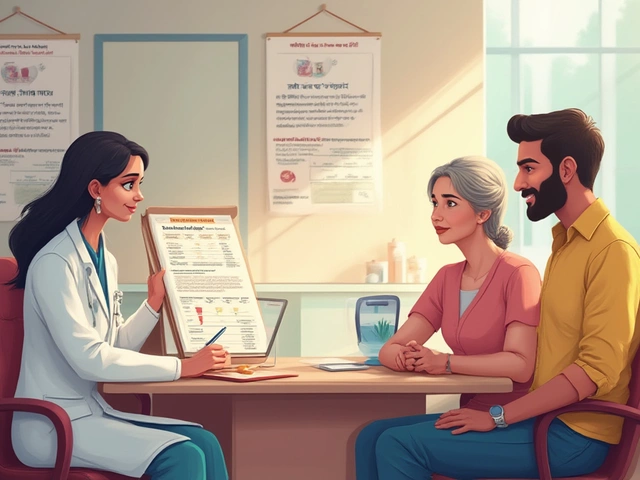Learn how to recognize signs of mental illness in others and how to respond with care. Understand the difference between normal behavior changes and serious warning signs that need attention.
Read MoreRecognizing Mental Illness: Signs, Symptoms, and What to Do Next
When you notice someone withdrawing from friends, losing interest in things they once loved, or suddenly struggling to get out of bed, it might not just be a bad week—it could be recognizing mental illness, the process of identifying early signs of psychological conditions before they worsen. Also known as mental health awareness, this step is often the first real move toward healing. Too many people wait until things feel unbearable before acting, but mental illness doesn’t always scream—it whispers. A change in sleep, appetite, or focus can be the quiet signal that something deeper is going on.
Depression symptoms, a common but often misunderstood mental health condition aren’t just about sadness. They show up as exhaustion that doesn’t go away with rest, irritability that surprises even close family, or numbness where emotions used to be. Anxiety disorders, a group of conditions marked by excessive worry and physical tension don’t always mean panic attacks. Sometimes, it’s constant stomach knots before meetings, sleepless nights replaying conversations, or avoiding places that feel ‘unsafe’—even if there’s no real danger.
These aren’t weaknesses. They’re biological responses to stress, trauma, or imbalance, and they’re more common than you think. In India, over 1 in 7 people live with a mental health condition, yet fewer than 1 in 10 get help. Why? Stigma, lack of awareness, or thinking it’ll just pass. But mental illness doesn’t fix itself. It grows quieter, heavier, and harder to shake. The good news? The earlier you recognize it, the easier it is to manage—with therapy, lifestyle changes, or sometimes medication.
You don’t need a diagnosis to start caring. If someone you love seems off, ask. Not with judgment, but with curiosity: "You seem different lately. Want to talk?" If you’re feeling this way yourself, don’t wait for permission to get help. Talking to a doctor, trying Ayurvedic calming herbs like ashwagandha, or even starting a daily journal can be the first step. Many of the posts below share real stories from people who noticed the signs—early or late—and what finally helped them. From coping with untreated ADHD to understanding how long therapy should last, these aren’t abstract ideas. They’re lived experiences, written by people who’ve been there.





